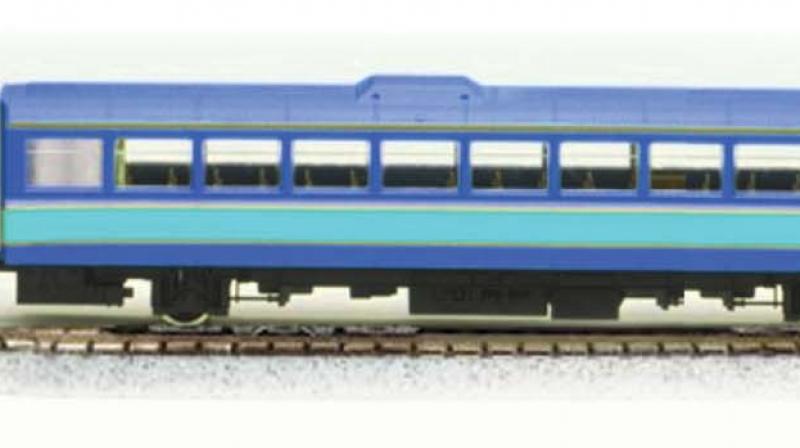Coach coupling tech to be changed
Coupling is the mechanism that holds two coaches, and a coach and an engine together.

Chennai: The Integral Coach Factory (ICF), which will continue the production of conventional coaches for one more year, will be producing these coaches with Centre Buffer Coupling (CBC) instead of screw coupling.
Coupling is the mechanism that holds two coaches, and a coach and an engine together. While the conventional ICF coaches have screw coupling, the safer CBC coupling is used for Linke Hoffman Busch (LHB) coaches.
One of the major advantages of using CBC coupler between coaches is that it avoids telescoping of coaches, the phenomenon in which one coach crashes into another, and thus reduces the enormity of accidents. CBC coupling makes coaches resistant to turning turtle and flipping over during an accident.
As ICF moves towards increasing its production of LHB coaches, the last batch of 600 ICF coaches will be produced in 2017-2018.
“We are stopping the production of conventional coaches next year but the last batch of coaches to be produced will be having CBC coupling mechanism as it is a major safety component for trains,” a senior official said.
This move is apart from the already existing plan of Railways to replace the existing screw couplers on trains with CBC couplers. “It will take about five years for retrofitting the existing coaches with CBC couplers,” the official added.
CBC couplers absorb high-frequency forces and the anti-climbing feature protects the coaches from piling up in the case of a mishap. High absorption capacity reduces the impact of collision, thus the severity of accidents and fatalities.
Slowly, all conventional coaches will be phased out and only LHB coaches will be used but officials say that it will take time, as the life of a conventional coach is 25 years.
With a current installed capacity of 300 LHB coaches at ICF, it is planned to increase the same to 450 for the current year. With a new LHB production unit, contract of which has been awarded to Tata, 600 more units of LHB coaches will be manufactured at the end of the project. “Last year, we produced 230 LHB coaches. This year, we are expecting even higher numbers,” said an official.

